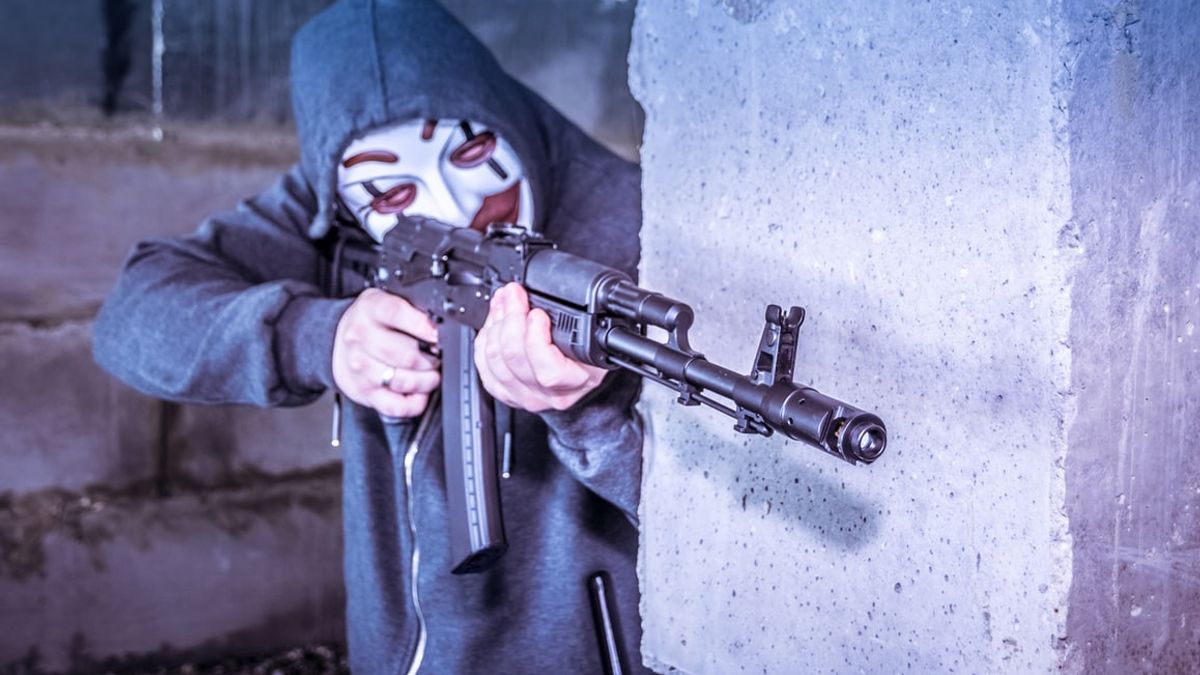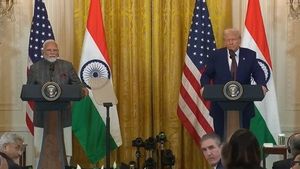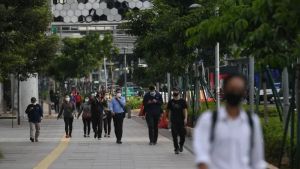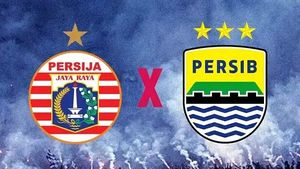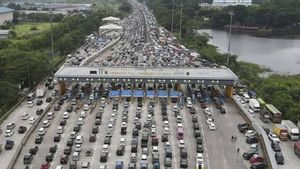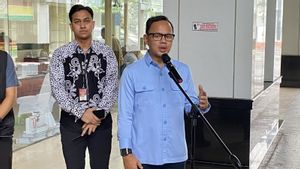JAKARTA - In an internal Facebook document published by The Intercept, it states that the largest social media platform has placed at least 986 groups on a special list of banned "military social movements". The documents hint at the scale of organizing the militia on Facebook, something the company finally cracked down on in August 2020.
The militarized social movement is part of a larger list of "dangerous individuals and organizations" on Facebook. The term refers to armed groups that promote armed conflict, as well as groups that support violence or looting at protests. In practice, it consists mostly of right-wing militias with some left-wing, anarchist, or generally anti-government organisations.
Facebook's list of "dangerous individuals" also includes white supremacist groups, hate groups such as the Ku Klux Klan, and branches of Al Qaeda and other global terrorist organizations. All are prohibited from maintaining pages, groups or profiles on the service.
Beyond that, the categories are sorted into three levels. Tier 1 covers hate and terror groups, and Facebook users cannot express praise or support for them in any way.
Tier 2 includes "violent non-state actors" such as armed insurgents who can only be credited with nonviolent activity. Militarized social movements are designated as Tier 3, which has no comparable restrictions on how users discuss them.
Facebook noted in October 2020 that it had identified 600 military social movements and removed some 2,400 pages and 14,200 groups managed by them. The company also said it had removed 1,700 pages and 5,600 groups associated with QAnon - which is designated a military social movement but not an organized group.
As The Intercept notes, group designations can be unclear. One part of the violent boogaloo movement, for example, is classified as a Tier 1 terrorist organization, while the larger movement is a militarized social movement.
The designation also includes news outlets such as the anarchist website It's Going Down - which could theoretically be grouped under the umbrella of "supporting acts of violence amid protests" but listed as "armed militia groups."
Facebook has been criticized for being too lax and for being too punitive. But recently, it has come under general scrutiny for not releasing details about its operations to outside researchers or policymakers, something that makes it more difficult to evaluate its moderation strategy.
In a statement to The Verge, Facebook said it had not previously released the list because it published too many details that could compromise the effectiveness of moderation.
First, Facebook does not want violence organized or facilitated on its platform and the DOI list is an effort to keep highly risky groups from doing that. It's not perfect, but that's why it exists. 2/n
— Brian Fishman (@brianfishman) October 12, 2021
"This is a hostile space, so we try to be as transparent as possible while also prioritizing security, limiting legal risks, and preventing opportunities for groups to violate our rules," said Brian Fishman, director of counterterrorism and dangerous organizations policy.
In a Twitter thread, Fishman added that the leaked list was "not comprehensive" and was constantly being updated. “Facebook does not want organized or facilitated violence on its platform and the list of [dangerous individuals and organizations] is an attempt to prevent groups that are particularly at risk from doing so. It's not perfect, but that's why it exists," he tweeted.
The English, Chinese, Japanese, Arabic, and French versions are automatically generated by the AI. So there may still be inaccuracies in translating, please always see Indonesian as our main language. (system supported by DigitalSiber.id)
